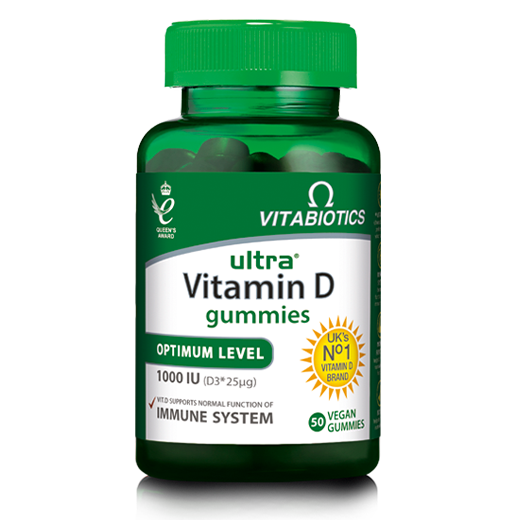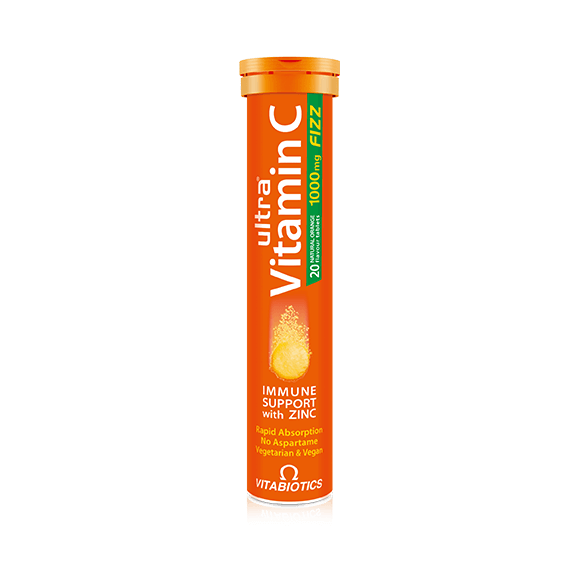If you are wondering what the main sources of Vitamin D are, you’ve come to the right place.
However, the list of vitamin D sources is not particularly extensive. That’s because the key source of vitamin D is sunlight, which subsequently has led to vitamin D being nicknamed the ‘sunshine vitamin’.
But how else can we get vitamin D and why do we actually need it?
Why Do We Need Vitamin D?
Vitamin D is essential for ensuring the maintenance of normal muscles, bones and teeth.
We also need vitamin D so our body can absorb enough calcium, which in turn supports bone health.
Vitamin D also contributes to the normal functioning of the immune system, an area where more and more research is focusing.
How Much Vitamin D Do We Need?
In the UK, the Department of Health and Social Care recommend that anyone aged five and over, as well as pregnant and lactating women, should consider taking 10 micrograms (μg) of vitamin D a day during the autumn and winter. Typically between April to the end of September, most people can fulfil their vitamin D quota from the sun.
The Department of Health and Social Care recommends that you take a daily supplement containing 10µg of vitamin D throughout the year if you are not often outdoors – for example, if you're frail or housebound, are in an institution like a care home, usually wear clothes that cover up most of your skin when outdoors. Or if you have dark skin – for example you have an African, African-Caribbean or south Asian background – you may also not get enough vitamin D from sunlight.
Adults over 60 could also benefit from a daily vitamin D intake of 20µg. This is to help reduce the risk of falling associated with postural instability and muscle weakness. In men and women over 60, falling is a risk factor for bone fractures. Vitamin D contributes to the maintenance of normal bones and supports normal muscle function.
Many experts across the world now recommend higher levels of vitamin D, for example 25µg (1000IU) or 50µg (2000 IU) per day.








Comments (0)